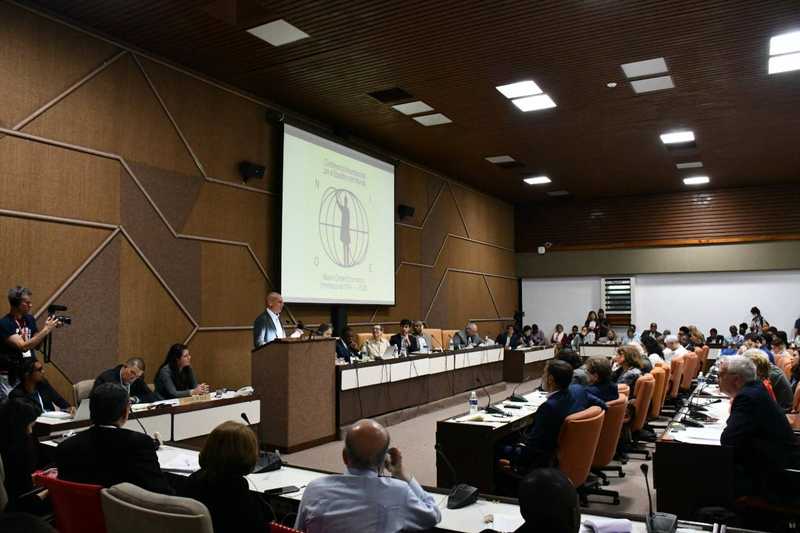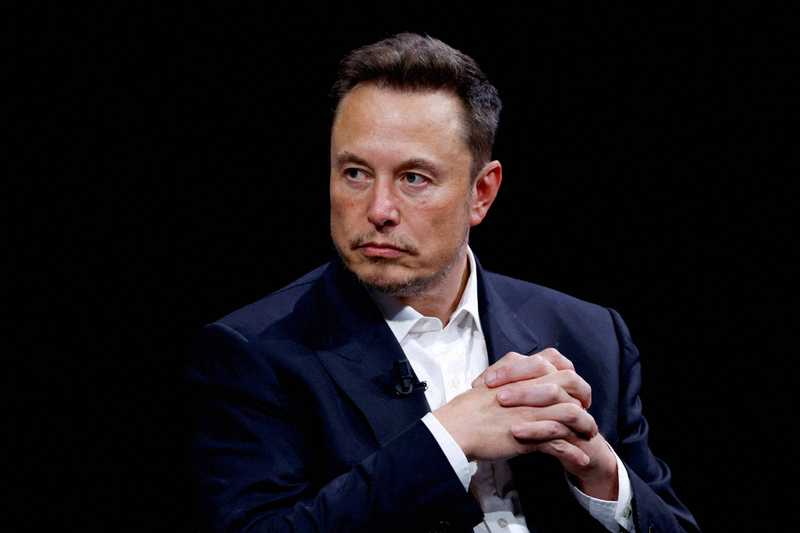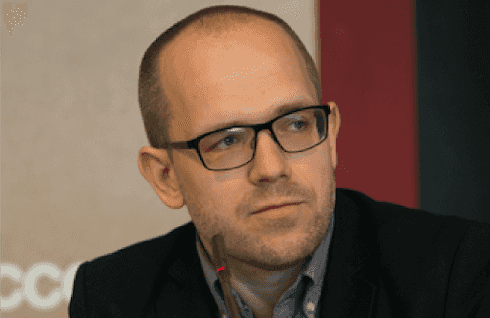
The Congress brought together over 50 delegates - scholars, diplomats, parliamentarians, and policymakers from 26 countries across all six inhabited continents, including Cuban President Miguel Díaz-Canel and Foreign Minister Bruno Rodríguez Parrilla.
Following deliberations over two days on geopolitics, climate, finance, technology and trade through panels and keynote speeches, including from Andres Arauz, Clara Lopez and Yanis Varoufakis, the Congress agreed to focus on science, technology and innovation in the next 18 months. The Congress, part of the Progressive International’s project for a New International Economic Order, is held as Cuba assumes the presidency of the G77 bloc of 134 Global South countries.
The Congress agreed to advance the NIEO and support Cuba’s presidency of the G77 bloc through developing proposals for and coordinating with a G77 meeting on science and technology to be held in Havana later this year.
Speaking at the ceremony for Cuba’s ascension to the G77 presidency, Foreign Minister Bruno Rodríguez Parrilla outlined the need for coordinated Global South action on science and tech, arguing “scientific-technical development is today monopolized by a club of countries that monopolize most of the patents, technologies, research centers, and promote the drain of talent from our countries.” The G77 summit in Cuba will aim to, “unite, complement each other, integrate our national capacities so as not to be relegated to future pandemics.”
Speaking at the conclusion of the Havana Congress, The Progressive International’s General Coordinator David Adler said, “After two days of detailed discussions about how to transform our shared world, delegates agreed that a key priority must be to secure science and technology sovereignty. From pharmaceuticals, to green tech, from digital currencies, to microchips, too much of humanity is locked out of both benefiting from scientific advances and contributing to new ones. We will, as today’s declaration calls for, work to build “a planetary bloc led by the South and reinforced by the solidarities of the North” to liberate knowledge and peoples.”
Karol Cariola, Member of the Chilean Chamber of Deputies, said, "We cannot talk about the economic order of the world without talking about the unrecognised labour of women that sustains it. If the women of the world chose to stop working, even for a moment, in their homes — the world would come to a halt. Updating the NIEO for the 21st century means making it a feminist one."
Andres Arauz, former General Director of the Central Bank of Ecuador and member of the Progressive International’s Council, said, "True decolonization means overcoming intra-regional disputes to build lasting regional unity and sovereign integration among the peoples of the Global South in the spirit of Bandung. That means we must expand unilateral and coordinated Southern action."
Havana Declaration on the New International Economic Order
The Havana Congress,
Recalling the role of the Cuban Revolution in the struggle to unite the Southern nations of the world, and the spirit of the 1966 Havana Tricontinental Conference that convened peoples from Asia, Africa and Latin America to chart a path to collective liberation in the face of severe global crises and sustained imperial subjugation;
Hearing the echoes of that history today, as crises of hunger, disease, and war once again overwhelm the world, compounded by a rapidly changing climate and the droughts, floods, and hurricanes that not only threaten to inflame conflicts between peoples, but also risk the extinction of humanity at large;
Celebrating the legacy of the anti-colonial struggle, and the victories won by combining a program of sovereign development at home, solidarity for national liberation abroad, and a strong Southern bloc to force concessions to its interests, culminating in the adoption of the UN Declaration on the Establishment of a New International Economic Order (NIEO);
Acknowledging that the project of decolonization remains incomplete, disrupted by concerted attacks on the unity of the South in the form of wars, coups, sanctions, structural adjustment, and the false promise that sovereign development might be won through integration into a hierarchical world system;
Emphasizing that the result has been the sustained divergence between North and South, characterized by the same dynamics that defined the international economic order five decades prior: the extraction of natural resources, the enclosure of ‘intellectual property’, the plunder of structural adjustment, and the exclusion of the multilateral system.
Recognizing that despite these setbacks, the flame of Southern resistance did not die; that the pursuit of sovereign development has yielded unprecedented achievements — from mass literacy and universal healthcare, to poverty alleviation and medical innovation — that enable a renewed campaign of Southern cooperation today;
Stressing that this potential for Southern unity is perceived as a threat to Northern powers, which seek once again to preserve their position in the hierarchy of the world system through mechanisms of economic exclusion, political coercion, and military aggression.
Seizing the opportunity of the present historical juncture, when the crisis of the existing world system can either entrench inequalities or embolden the call to reclaim Southern protagonism in the construction of a new world order based on justice, equity and peace;
The Havana Congress calls to:
- Renew the Non-Aligned Movement: In the face of increasing geopolitical tensions born from a decisive shift in the global balance of power, the Congress calls to resist the siren song of the new Cold War and to renew the project of non-alignment, grounded in the principles of sovereignty, peace, and cooperation articulated at the 1955 Bandung Conference, 1961 Non-Aligned Conference, 1966 Tricontinental Conference, and beyond.
- Renovate the NIEO: To accompany the renewed non-aligned movement, the Congress calls to renovate the vision for a New International Economic Order fit for the 21st century; a vision that must draw inspiration from the original Declaration, but also account for the key issues — from digital technology to environmental breakdown — that define the present conditions for sovereign development; and to enshrine this vision in a new UN Declaration on the occasion of its 50th anniversary.
- Assert Southern Power: The Congress recognizes that economic liberation will not be granted, but must be seized. As the original call for a New International Economic Order was won through the exercise of collective power in the coordinated production of petroleum, so our vision today can only be realized through the collective action of the South and the formation of new and alternative institutions to share critical technology, tackle sovereign debt, drive development finance, face future pandemics together, as well as coordinate positions on international climate action and the protection of national sovereignty over the extraction of natural resources.
- Accompany Cuba in the G77: The Congress recognizes the critical opportunity afforded by Cuba’s presidency of the Group of 77 plus China to lead the South out of the present crisis and channel the lessons of its Revolution toward concrete proposals and ambitious initiatives to transform the broader international system.
- Build a Planetary Bloc: The Congress calls on all peoples and nations of the world to join in this struggle to definitively achieve the New International Economic Order; to build a planetary bloc led by the South and reinforced by the solidarities of the North, whose peoples recognize their obligation to resist the crimes committed in their names; and to bring the spirit of this Havana Congress into the communities that we call home.
More information about the Havana Congress can be found here: https://act.progressive.international/nieo-havana/
More information about the Progressive International’s New International Economic Order project can be found here: https://act.progressive.international/nieo/
Full text of Cuba Foreign Minister Bruno Rodríguez Parrilla’s speech:




